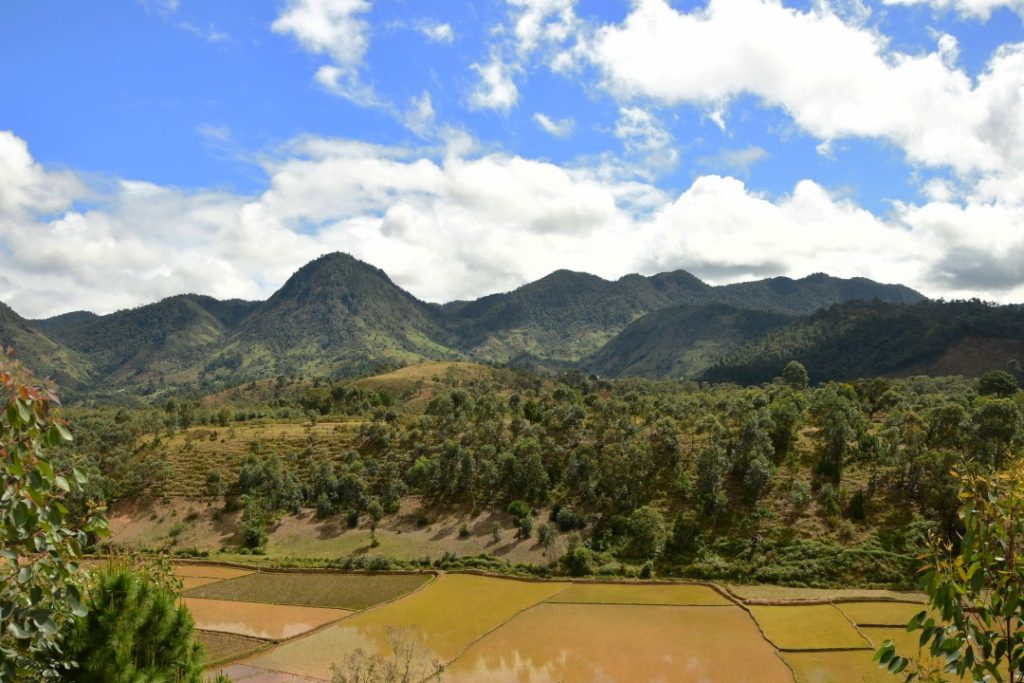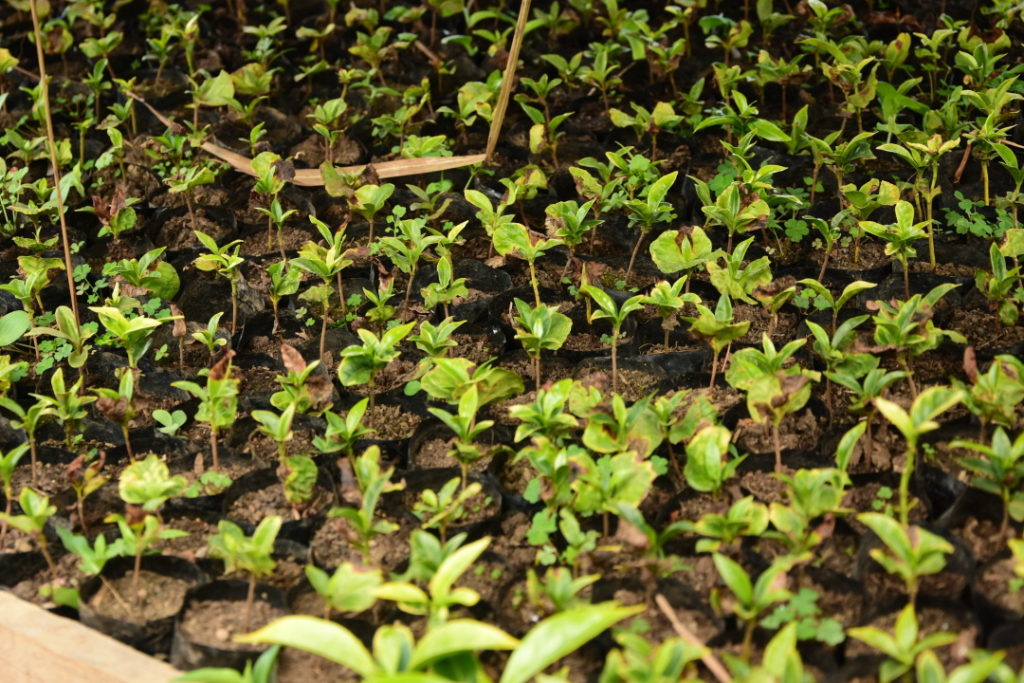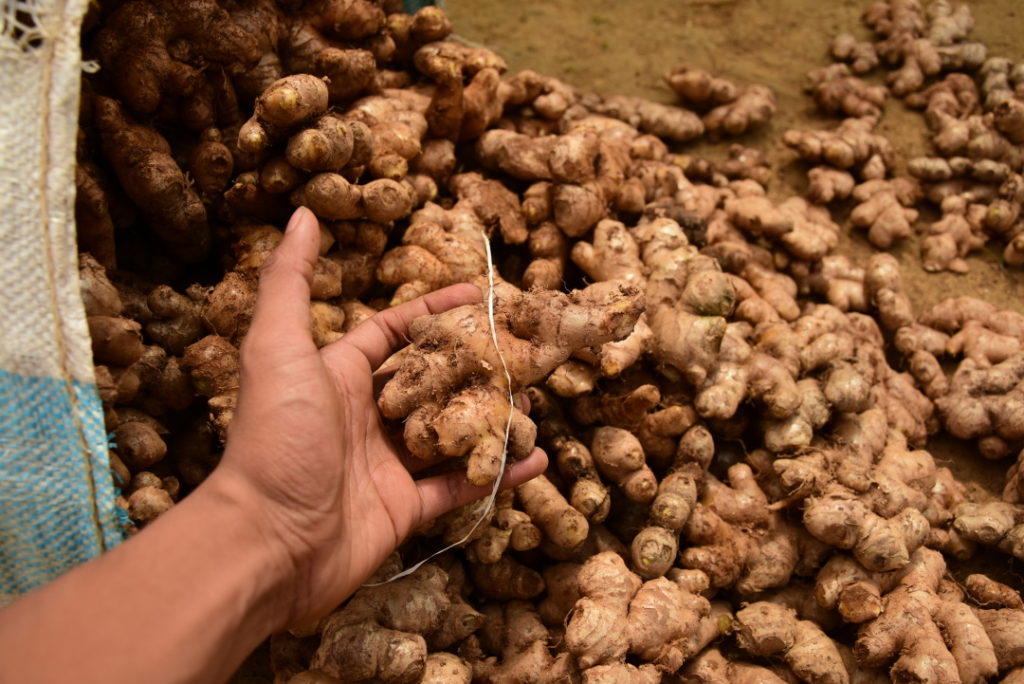
Madagascar's reputation for the beauty of its wild landscapes and natural forests is well-known. With an endemism rate of nearly 90%, one of the highest in the world, this biodiversity paradise is now under the threat of extinction. Once a lush green island, Madagascar is now referred to as the "red island," where 44% of its natural forests have disappeared in the last sixty years. Despite this alarming trend, there are still viable solutions to preserve this unique forest heritage and combat poverty.
Directly affected by deforestation and the imbalance of its ecosystem, the Anjozorobe-Angavo protected area covers an area of 41,100 hectares. It represents one of the last remnants of Madagascar's highland primary forest and is home to exceptional fauna and flora, as well as an urgent ecological, cultural, and tourist heritage to be preserved. Its gradual disappearance results in soil erosion and the loss of habitat for dozens of endemic species.
Furthermore, the lack of electricity and economic opportunities for rural populations in this region had already been identified by CEAS. It was clear that access to a power source would enable the development of a new economy in the community. However, it was essential to link this opportunity to alternatives to illegal logging, which still provides easy income for residents near the protected area.

In collaboration with the Malagasy association Fanamby, the manager of the Anjozorobe-Angavo protected area, CEAS initiated the Empower Mandialaza project for the municipality located on the edge of this forest. The area has a waterfall that could be used to operate a 200 kW hydroelectric power plant. The project will provide electricity for households and small businesses in the municipality. According to Madame Tiana Andriamanana, Executive Director of Fanamby, water is at the heart of the project. On one hand, it is essential for reforestation activities, and on the other hand, it will supply the future power plant.
To promote the region's economic development, the integration of a second project called "Energynger" was necessary. Its goal is to develop the ginger industry in the same region, providing producer groups with electricity produced by the Mandialaza power plant. CEAS will also support the rehabilitation of a ginger processing unit that already produces powder and oil. These operators will have access to a highly efficient boiler capable of using alternative fuels to primary forest wood. "Given the complexity of the issues, solutions must be multi-faceted. Access to alternative income-generating sources is fundamental and must be accompanied by awareness and law enforcement by the competent authorities," according to Madame Andriamanana.

To successfully implement this project, which combines rural electrification, economic development, and environmental preservation, campaigns for protected area management and reforestation are being developed. The social dimension and the contribution of local communities are key factors for the sustainable development of the Mandialaza municipality. The presence of a social organizer in the field enables constant and direct collaboration with local communities to establish various activities, such as reforestation in certain areas of the protected area.
The impact and pressure exerted on the Anjozorobe-Angavo Protected Area up to this day are no longer inevitable. Although economic development and environmental protection may seem like opposing concepts, integrating them into a new economic and ecological synergy will improve the living conditions of local populations while reducing illegal logging. CEAS aims to demonstrate that the economy can serve ecology in Madagascar.
This article was originally published in the CEAS Magazine Déclic No. 24.